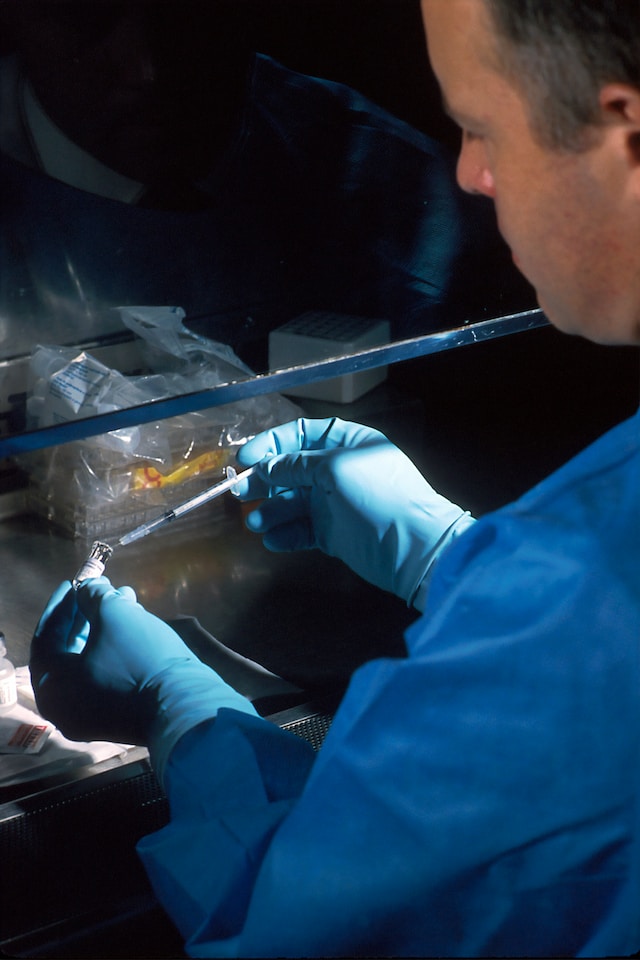In a remarkable breakthrough that expands our understanding of human genetics, a team of scientists has uncovered previously unknown genetic variations hidden within the human genome. The groundbreaking research, published today in the esteemed journal “Genome Insights,” opens up new avenues for exploring the complexities of our genetic makeup and their implications for human health.
Led by an international consortium of geneticists, the study aimed to delve deeper into the intricacies of the human genome by examining the DNA sequences of thousands of individuals from diverse populations. Through advanced computational analysis and sophisticated genomic techniques, the researchers were able to identify an array of previously unrecognized genetic variations.
These newfound genetic variations, known as “cryptic variants,” are alterations in the DNA code that were previously undetectable by conventional genetic studies. The study’s findings suggest that the human genome is even more diverse and complex than previously imagined, harboring a multitude of hidden genetic variations that contribute to individual differences and susceptibility to diseases.
Dr. Emma Thompson, a lead researcher on the project, explains the significance of the discovery, stating, “Our study reveals the existence of previously unidentified genetic variations that have the potential to shape human traits and influence disease risk. These cryptic variants represent a rich untapped resource for understanding the complexities of our genetic architecture.”
One of the most intriguing aspects of this research is the potential impact of these newly discovered genetic variations on human health. While some of the identified variations may have no immediate consequences, others could play a role in the development of various diseases and conditions.
The discovery of these cryptic variants has far-reaching implications for precision medicine. By uncovering previously hidden genetic variations, researchers can gain a deeper understanding of the genetic factors underlying diseases and develop more targeted and personalized treatments. This could potentially revolutionize healthcare by enabling tailored interventions that address an individual’s specific genetic makeup.
However, it is crucial to approach these findings with caution. As with any scientific breakthrough, further research is needed to fully comprehend the functional significance of these cryptic variants and their impact on human health. The scientific community must rigorously verify and replicate the findings to ensure their validity and reliability.
Moreover, ethical considerations play a vital role in the responsible use of this newfound knowledge. Researchers and policymakers must navigate the complex terrain of genetic information to safeguard privacy, prevent discrimination, and ensure equitable access to genetic resources and treatments.
The discovery of these previously unknown genetic variations is a testament to the remarkable progress being made in the field of genomics. It highlights the power of collaborative research efforts and the innovative tools and technologies available to scientists today.
As we venture deeper into the complexities of our genetic code, we are reminded of the immense intricacy and diversity of the human genome. Each new discovery brings us closer to unraveling the mysteries of our genetic heritage and provides insights that can shape the future of medicine and healthcare.
In conclusion, the recent breakthrough in uncovering previously unknown genetic variations represents a significant milestone in our understanding of human genetics. The discovery of these cryptic variants opens up new avenues for research, particularly in precision medicine, and has the potential to transform the way we diagnose, treat, and prevent diseases. As scientists continue to explore the vast depths of our genetic code, we inch closer to unlocking the secrets that make us uniquely human.










